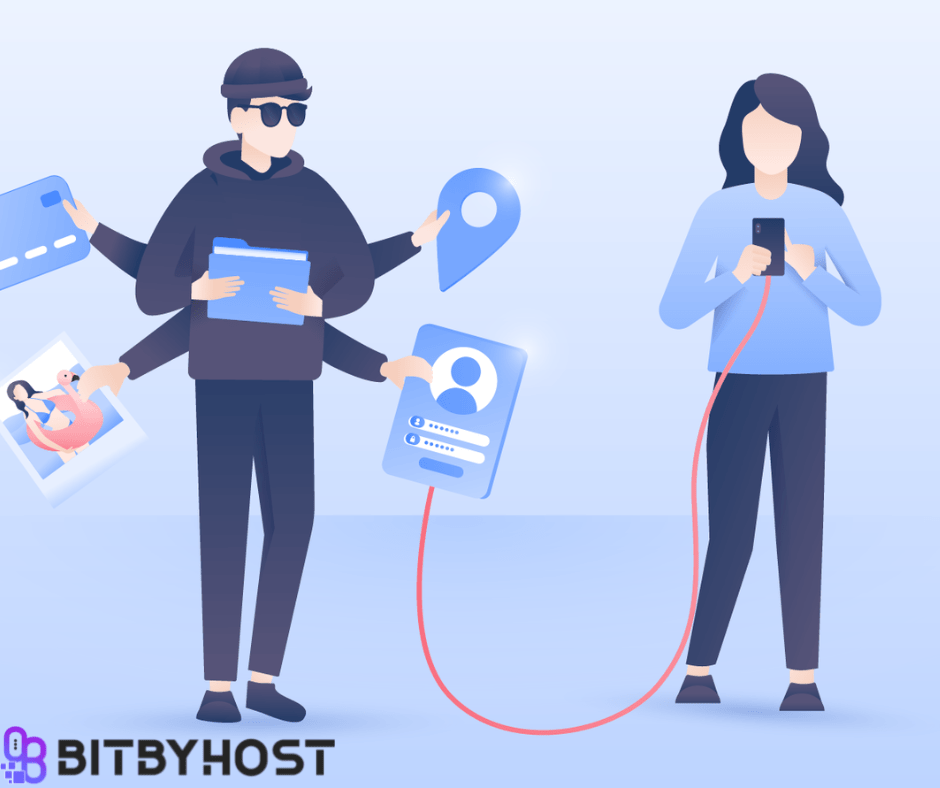While you start Cyberstalking then if you are in a relationship with someone and they have become abusive or unstable, it is important to be aware of the signs that could lead you to find out that they have been cyberstalking. For example, if they are using social media platforms like Facebook and Instagram to post embarrassing or threatening information about you online.
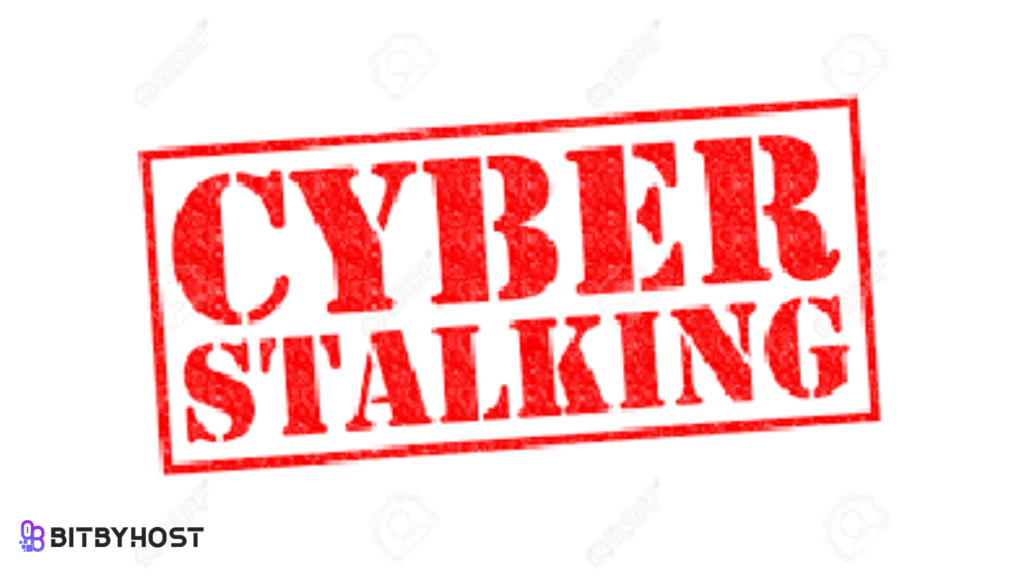
Types of Cyberstalking
Cyberstalking is a form of stalking that takes place online. Cyberstalking can involve sending threatening or harmful emails, making harassing phone calls, or sending unwanted gifts to the victim. There are several things you can do to stay safe from cyberstalking. First, always be aware of your surroundings and don’t let yourself be alone with the person who is stalking you. Second, don’t send anything that you wouldn’t want the person who is stalking you to see. Finally, report any incidents of cyberstalking to the police.
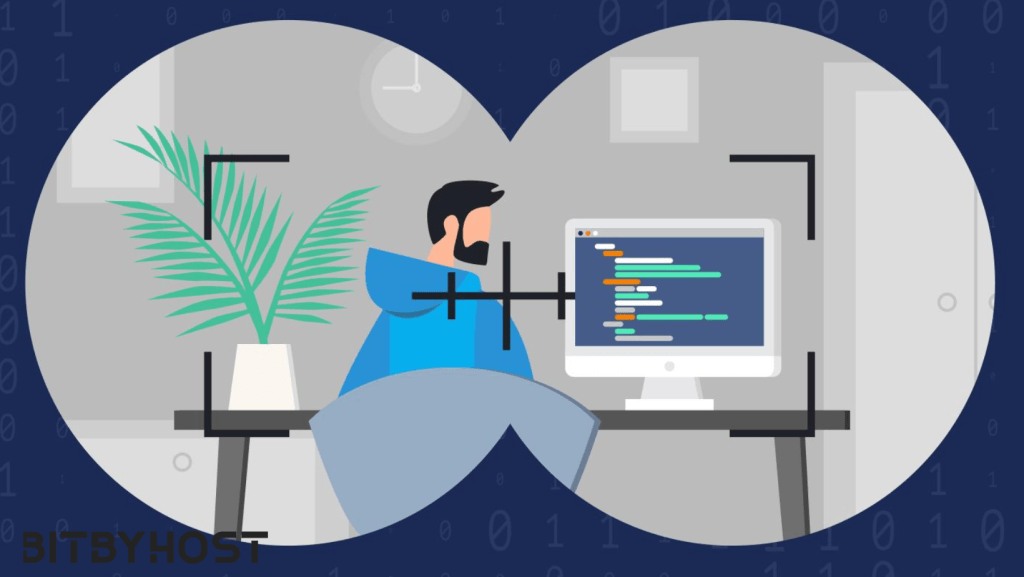
What does a cyberstalker look like?
Cyberstalkers look different in every case, but they share some common characteristics. They tend to be obsessed with their victims and will do whatever they can to get close to them. They may send unwanted emails, make unwanted phone calls, or follow them around. If you’re the victim of cyberstalking, there are a few things you can do to protect yourself. First, be aware of the signs that someone is following or harassing you.
If you feel like someone is watching or monitoring your activities, take action and report it to the authorities. Second, don’t let the cyber stalker get too close. Keep yourself separate from them and don’t give them any opportunities to disturb your peace or harass you. Finally, stay safe online by using secure passwords and not sharing personal information online.
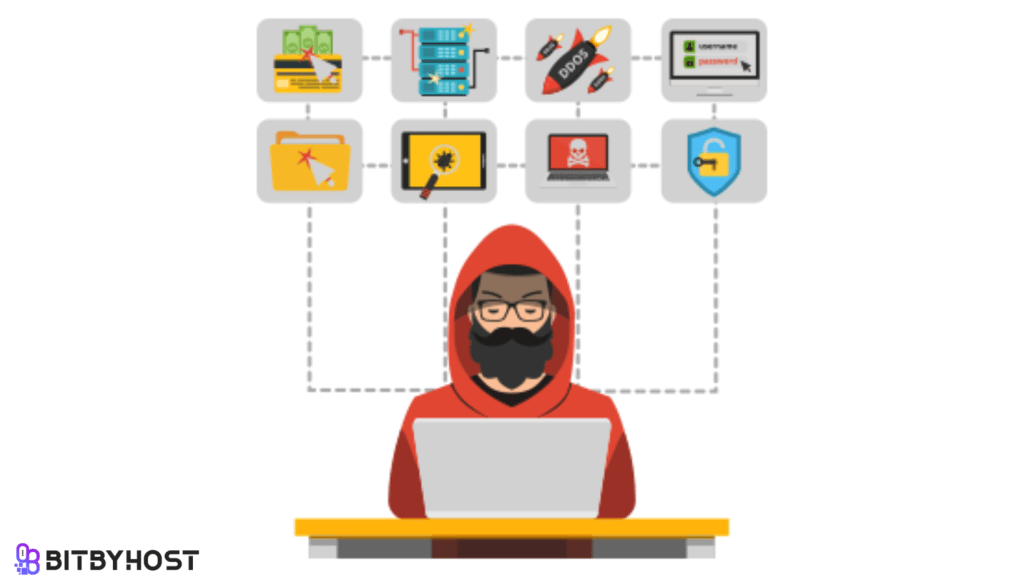
Who might be the victim of cyberstalking?
Cyberstalking is a form of harassment that involves using the internet or other electronic communication to harass, intimidate, or cause distress to someone. There are many different types of cyberstalking, and it can occur to anyone. Cyberstalking can happen to anyone who is famous or has a high-profile job, to someone who is unpopular or has no friends, to someone who is gay or lesbian, or to someone who is transgender. There are ways that you can stay safe from cyberstalking.
You can use the internet safely and responsibly, keep up with current events, and stay informed about the risks that cyberstalking poses. You can also speak with a professional about how to protect yourself from cyberstalking.
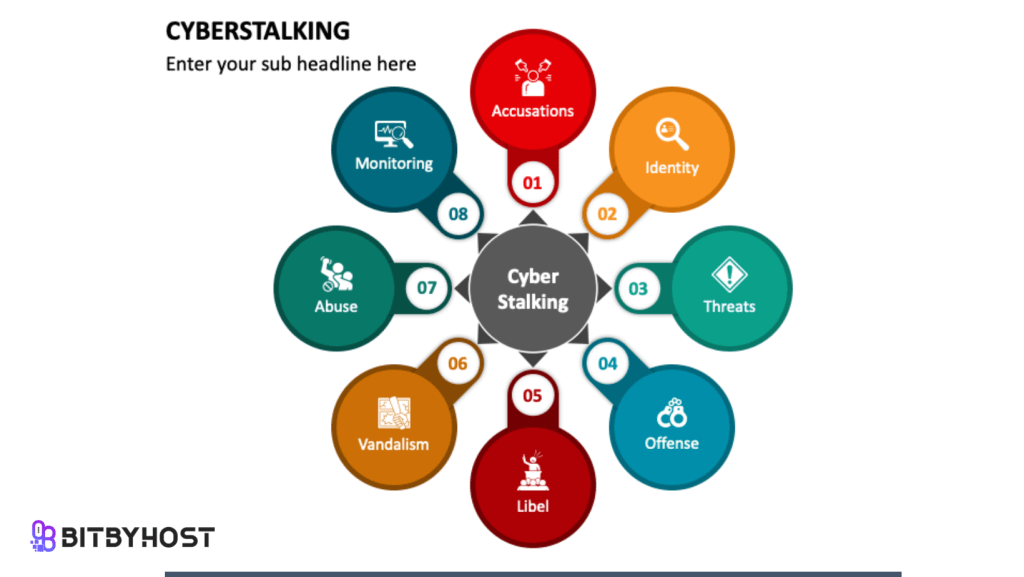
How can I avoid being cyberstalked?
There are a few things that you can do to help stay safe from cyberstalking. First, be aware of the signs of cyberstalking. These signs might include being followed or monitored constantly, being subjected to unwanted messages or emails, or receiving threatening or harassing phone calls. If you notice any of these signs, please contact the police immediately. Another important step is to protect your computer and personal data. You should never give away your password or other personal information to anyone who contacts you online.
Instead, make sure to keep your passwords and other personal information in a secure location. You also should never use public computers or networks to access your personal information. Finally, remember that you have the right to protect yourself from cyberstalking. You can file a police report if you believe that someone is stalking you online.
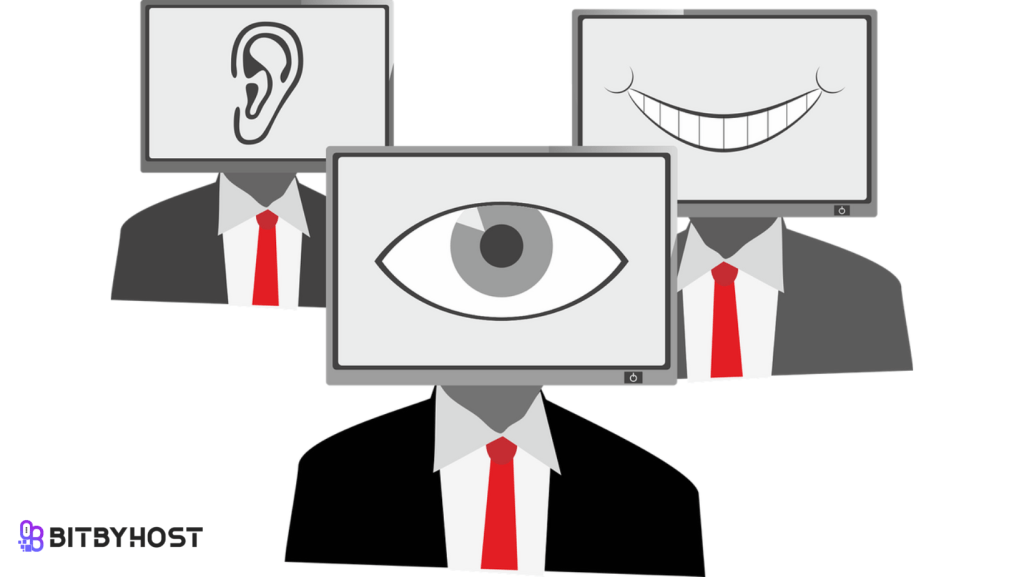
How to respond to cyberstalking
If you are experiencing cyberstalking, there are several steps that you can take to protect yourself. The first step is to gather information about the person stalking you. This includes finding out their name, address, and other contact information. You should also keep a record of all the conversations that you have with them, as well as any emails or other messages that they send you. Another important step is to stay safe online. Always use a strong password and make sure that your computer is protected from malware and spyware.
Also, be cautious about who you share personal information with online. Only share information with people that you trust. If you feel threatened or unsafe, please reach out for help. There are many resources available to help victims of cyberstalking. Contact your local law enforcement agency or the National Suicide Prevention Lifeline at 1-800-273-8255 for more information.
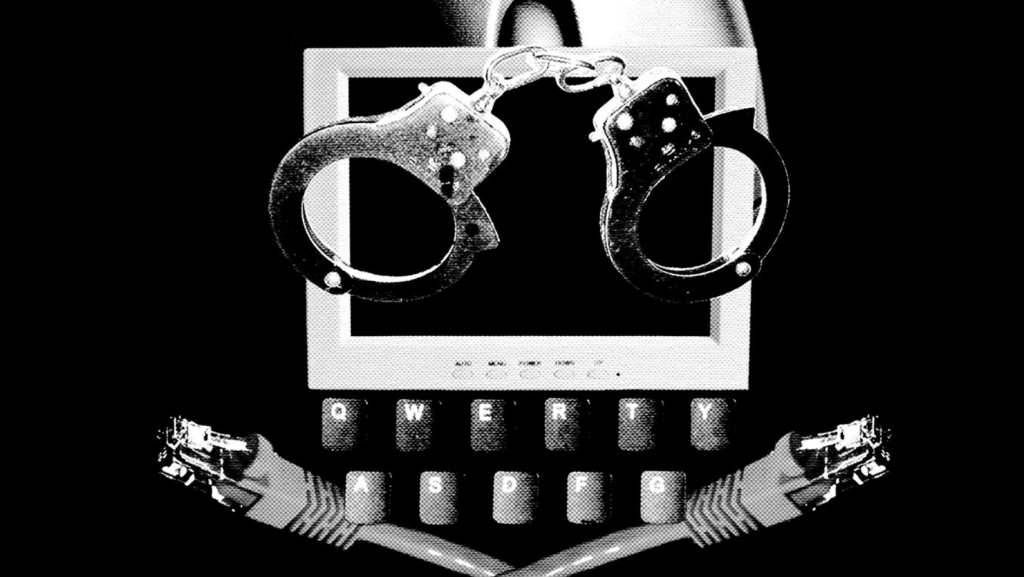
When should you call the police?
If you are being cyberstalked, there are several things that you can do to protect yourself. First, you should call the police if the stalking is happening in a public place or if it is causing you serious distress. Second, you can use internet security software to help protect your computer from being hacked. Third, you can protect yourself by changing your passwords and personal information regularly. Finally, you can keep a record of all the phone calls and emails that are being sent to you, so that you can track down who is behind the harassment.
Conclusion
Cyberstalking is a very real and serious problem and one that can have devastating consequences for the victim. If you are being cyberstalked, there are several things you can do to protect yourself. First and foremost, stay aware of your surroundings at all times. Pay close attention to any strange or out-of-the-ordinary behavior from the person stalking you, and if something seems fishy, report it to authorities immediately. You also need to be proactive in protecting your personal information.
Keep all of your passwords and account numbers safe, make sure not to share any sensitive information online (including Social Security numbers and credit card numbers), and never give out your login information for websites or apps unless you absolutely trust the person with it. Finally, remember that even if you don’t disclose any personal information during an attack, attackers may still be able to glean other important facts about you by monitoring your online activity. Take steps now to help protect yourself against cyberstalking – reporting incidents immediately will hopefully lead to a swift resolution in the case of an attack on your safety.




